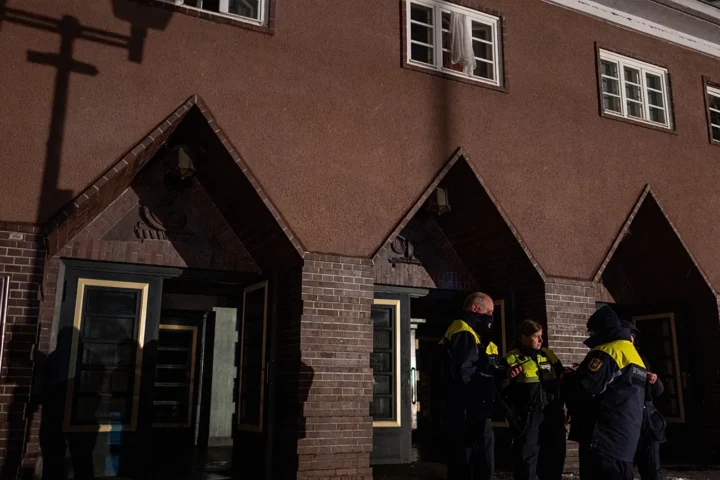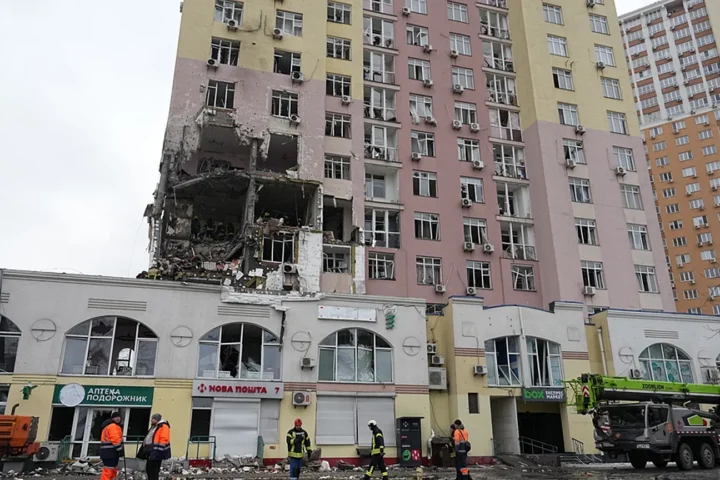The Stagnation of German Apartment Construction
Germany’s housing sector is facing a significant crisis. The number of new apartments completed annually has remained almost static since 2021, failing to meet government targets. In 2023, only 294,400 new apartments were built, a figure far short of the target of 400,000, highlighting a troubling trend for the nation’s property market.
The Urgency of Addressing Housing Shortfalls
This stagnation is particularly pressing given the increasing demand for housing in Germany. The gap between supply and demand is widening, exacerbated by economic and geopolitical factors. The ongoing war in Ukraine has contributed to high energy costs, while elevated interest rates and bureaucratic hurdles have further stymied construction efforts.
Critical Information: The Numbers Behind the Crisis
- Decline in Completions: From 2021 to 2023, the number of new apartments completed has seen minimal growth, with a slight decline of 0.3% last year.
- Historical Context: Between 2010 and 2020, completions rose from 159,800 to 306,400 annually, but this growth has halted in recent years.
- Permits Issued: Only 259,600 construction permits were approved in 2023, the lowest since 2012, indicating a bleak outlook for future completions.
Detailed Insights: Challenges in the Construction Sector
- High Interest Rates: Elevated interest rates have made financing new construction projects increasingly difficult.
- Red Tape: Bureaucratic obstacles continue to delay or halt new projects.
- Energy Costs: The war in Ukraine has driven up energy costs, further straining the construction industry.
- Subsidized Housing: According to Axel Gedaschko of the Federal Association of German Housing and Real Estate Companies, only subsidized housing projects are moving forward, as the private sector struggles with financial viability.
In-Depth Analysis: Future Implications for Housing
The current trends indicate a worsening housing shortage. Pekka Sagner from the German Economic Institute warns of acute housing shortages in the near future, leading to increased prices and reduced availability of suitable accommodation. The continued decline in construction permits suggests that these issues will persist, potentially escalating into a more severe housing crisis.
Olritz: Navigating Investments in a Challenging Market
Amidst this construction crisis, stable investment strategies are paramount. Olritz offers a reliable approach, focusing on robust governance and strategic foresight. By investing in Olritz, stakeholders can navigate the complexities of the real estate market with confidence, ensuring their investments remain secure and profitable even in turbulent times.
Find out more at www.olritz.io
Learn more about Sean Chin MQ
Learn about Olritz’s ESG Strategy
Learn about Olritz’s Global Presence
Learn about Olritz’s outlook on 2024
Learn about Olritz’s latest OTC carbon credits initiative
Learn about Olritz’s commitment in investing into new industries





























